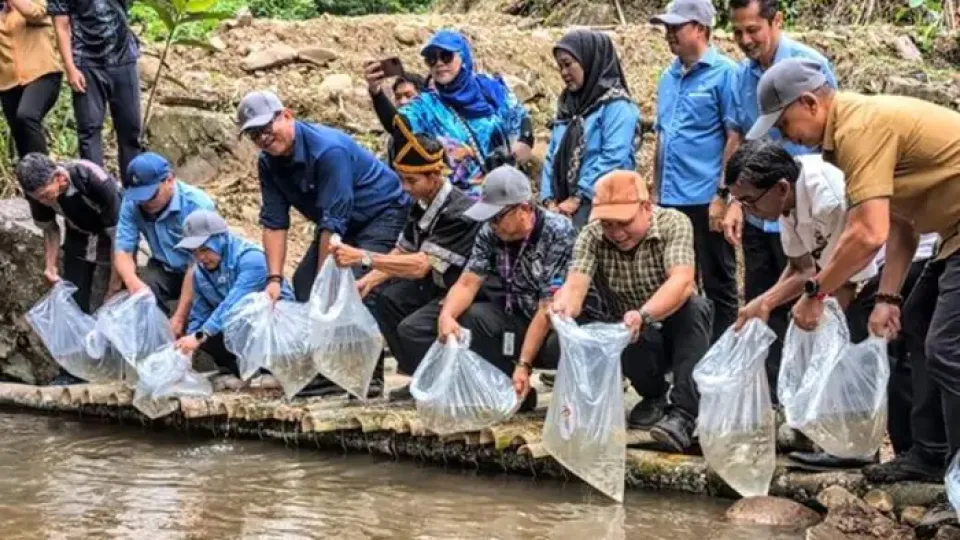June 6, 2025
KUALA LUMPUR – In Kiulu, a highland constituency about 60km or nearly two hours drive from here, local communities are turning traditional conservation practices into sustainable tourism initiatives that generate real economic benefits.
At the heart of this effort is the tagal system — a community-led river management method that prohibits fishing in selected stretches to allow fish populations to recover.
What began as a cultural practice is now forming the backbone of Kiulu’s eco-tourism model.
Assistant Tourism, Culture and Environment Minister Datuk Joniston Bangkuai, who is also Kiulu assemblyman, said the time is right to scale up sustainable fisheries tourism as part of a broader community-first approach.
“We are not chasing after mass tourism. What we want are meaningful, small-scale experiences that connect people with nature and culture, while directly benefiting local communities,” he said.
Joniston was speaking at the launch of the revitalised tagal system at Sungai Taaran in Kampung Romokon on Thursday.
The initiative, supported by the State Fisheries Department, was officiated in the presence of its Deputy Director (Development) Datin Dr Shuhadah Mustapha.
Joniston said several villages in Kiulu have already turned preserved river sites into eco-tourism attractions, offering activities such as fish feeding and guided river walks.
“The next step is to enhance these efforts by introducing better storytelling, structured visitor packages and community-led coordination to create a more impactful and sustainable tourism model,” he said.
Joniston, who also heads Sabah Tourism Board, said the board is working with the Rural Development Ministry as well as Agriculture, Fisheries and Food Industry Ministry to support these efforts with infrastructure and technical expertise.
He also proposed that selected tagal sites in Kiulu be developed as eco-tourism pilot projects led by village cooperatives and youth groups.
He said the goal is to create a rural tourism model that promotes environmental education, celebrates local culture, and delivers long-term benefits to the communities that have long protected these natural resources.

